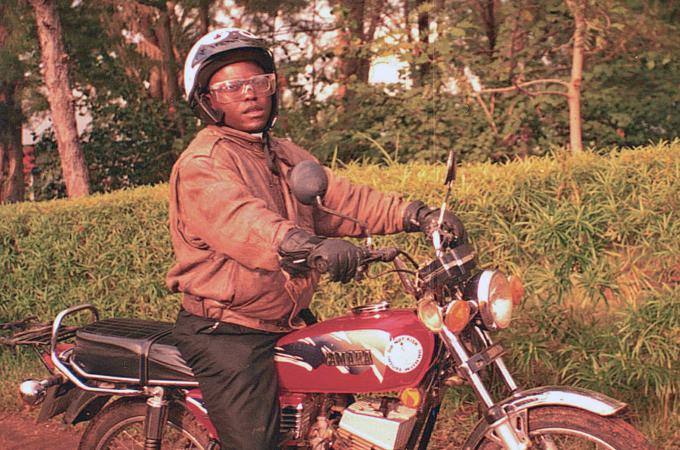Called to the Priesthood: A Different Seminary Life
When young Deogratias Ekisa felt a call to the priesthood in Uganda, he knew that his family would not be able to shoulder the burden of the education necessary to prepare him. He describes his upbringing in rural, hilly Tororo this way, "Both Mum and Dad were teachers -- not a high paying profession. If there was not enough food, we could always go to friend or relative's house to share a meal. What concerned them most were our school fees."
With help from those same family and friends, Deogratias' family sent him to a Catholic High School where his call to the priesthood grew. Upon graduation, "Deo" found himself saying "Yes!" to God, with the help of The Society of St. Peter the Apostle -- along with the Propagation of the Faith, one of our Church's four Pontifical Mission Societies.
Every year in the missions, The Society of St. Peter Apostle grants a $750 scholarship to men studying for the priesthood, covering about half the cost. The remainder of the tuition is paid by their diocese. Many struggle to meet their part of the fees.
While following a rigorous course of studies, seminarians in the missions also spend their time doing tasks that our men in formation do not -- they raise the seminary's food! It is not unusual to find seminarians tending to goats and pigs or working in the vegetable fields or rice paddies that feed them. They are also responsible for the facility's maintenance: they mow the lawn, clean the bathrooms, and scrub the floors. "Life in the seminary taught me the value of hard work!" declares Father Deo.
There is another major difference in mission seminaries -- most of the faculty receive no salary. Priest professors are given room and board, and some receive an allowance for books. Because priests in Uganda are paid no salary, they are not financially compensated for the work they do, teaching the next generation of Church leaders.
During the summer months, seminarians are assigned to a parish to get pastoral experience. In the missions this means they will not only become accustomed to the rhythm of parish life, it also means that they may settle neighborly disputes, negotiate prices at the local market for produce, or even act as an emergency ambulance, if they have a precious motorcycle!
As our own seminarians return to class, we ask you to prayerfully and generously give to The Society of St. Peter Apostle so that men like Father Deogratias Ekisa can answer a resounding "Yes!" to God's call.
As Father Deo Says, "No priest in Africa is ordained without the help of the donors to The Society of St. Peter Apostle."
- Maureen Crowley Heil is Director of Programs and Development for the Pontifical Mission Societies, Boston.



















